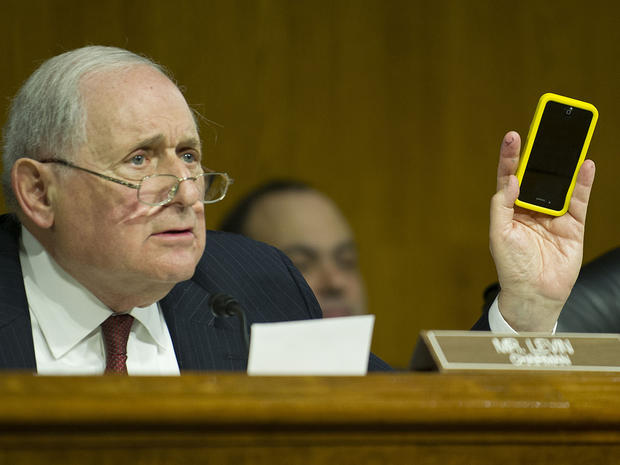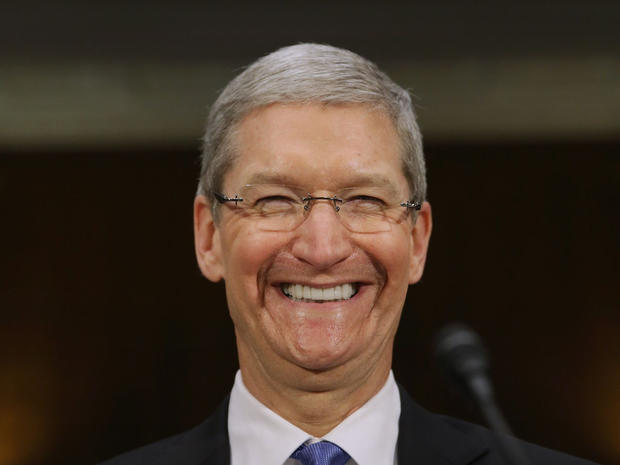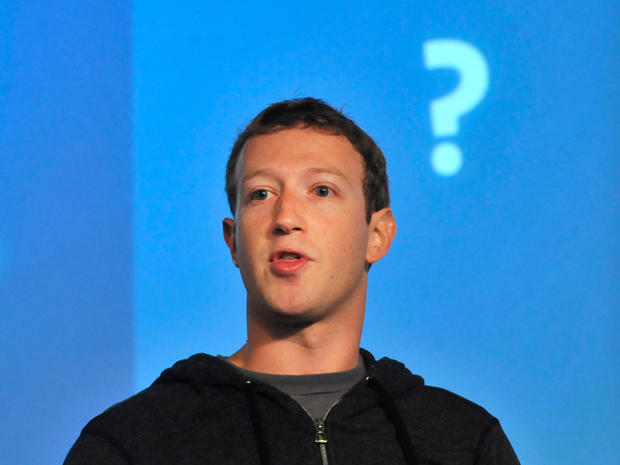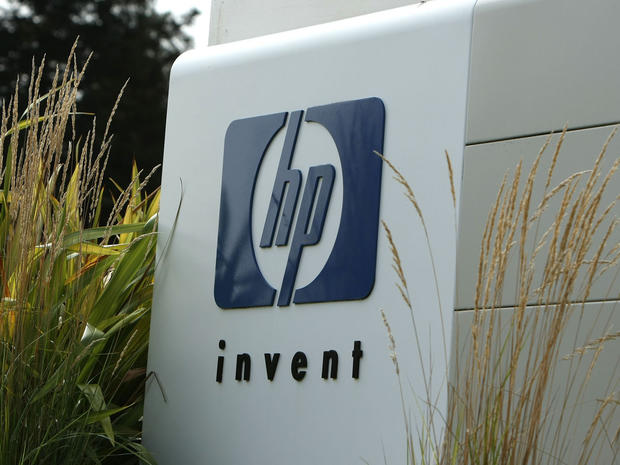Dodgeball: 5 ways companies beat the tax man
Around the world with tax loopholes
You pay your taxes, why don't big businesses? From Silicon Valley to the oil patch, powerful companies with the most creative accountants that money can buy have dreamed up some nifty ways to minimize, and often obliterate, their tax obligations. And a lot of the loopholes involve moving money around the globe. It's a big deal, recently noted Sen. Carl Levin, D-Mich., chairman of the Senate Permanent Subcommittee on Investigations, which has been conducting an ongoing investigation into corporate tax avoidance.
"At a time when we face such difficult budget choices, and when American families are facing a tax increase and cuts in critical programs from education to health care to food inspections to national defense, these offshore schemes are unacceptable."
Here's a look at some of of the common ploys companies use to pay little or no tax.
Dodgeball: 5 ways companies beat the tax man
Apple's Irish rose
Like other companies, Apple (AAPL) uses a complicated network of subsidiaries that, because of different tax rates around the world, allow it to avoid taxes both at home and abroad.
Here's roughly how it works: Apple locates as much of its profits as possible in overseas subsidiaries -- in one example, Apple Operations International, or AOI, is located in Ireland and controls various other Apple offshore subsidiaries. Apple's intellectual property, and hence its profit, is owned by AOI. Trouble is, only companies that are managed in Ireland pay taxes there, so Apple's off the hook there. At the same time, the unit isn't incorporated in the U.S., so it pays no taxes at home, either, in spite of that fact that the vast majority of its R&D is conducted at home. "Magically," said Levin, "It's neither here nor there."
"Apple argues that it is one of the biggest corporate taxpayers in America, that in 2012 alone, it paid $6 billion in taxes," he said. "What Apple doesn't say is that, also in 2012 alone, it shifted $36 billion in worldwide sales income away from the United States and paid no U.S. tax on any of it."
Dodgeball: 5 ways companies beat the tax man
Facebook's many options
Facebook (FB) paid no tax in 2012. U.S. tax law allows the social networking company to deduct hundreds of millions of dollars' worth of stock options that it has issued to billionaire CEO Mark Zuckerberg and other top company executives. In its accounting, Facebook records the value of these options at only a few cents per share. Facebook executives concede that the loophole also will allow them to avoid tax bills in the future.
None of this is illegal, and Facebook isn't alone in using such maneuvers. Levin said this tax break costs the government between $12 billion and $61 billion a year. According to the advocacy group Citizens for Tax Justice, other major beneficiaries of the options technique are Apple, JPMorgan Chase (JPM), software maker EMC (EMC), Goldman Sachs (GS), Amazon (AMZN) and Exxon Mobil (XOM).
Dodgeball: 5 ways companies beat the tax man
HP, just paying the bills (tax-free)
Large corporations commonly keep much or even most of their profits overseas -- indefinitely -- rather than bringing them home within arm's reach of the tax man. Hewlett Packard (HPQ) shifts profits made in the U.S. to offshore subsidiaries in the Cayman Islands and Belgium. Then, through a complicated schedule of short-term "loans," the company uses that money to pay for its daily operations back home. Even internal memos at the tech giant referred to the system as "repatriation strategy," leading Levin to call these practices "tax gimmickry."
"This scheme mocks the notion that profits of U.S. multinationals are 'locked up' or 'trapped' offshore," Levin said.
Dodgeball: 5 ways companies beat the tax man
Microsoft: Greetings from Puerto Rico
Microsoft (MSFT) still has a lock on many people's operating systems, but it's also skilled at manipulating the tax code, utilizing low-tax havens such as Singapore and Puerto Rico to minimize its tax responsibilities at home. For instance, the software giant sells the rights to its intellectual property to the company' Puerto Rico subsidiary. Microsoft U.S. then buys back from Microsoft Puerto Rico the distribution rights for the U.S. As a result, Microsoft U.S. gives Microsoft Puerto Rico 47 percent of its sales in the U.S.
As Levin points out, that's how Microsoft avoids U.S. taxes on 47 cents of each dollar of sales revenue at home. "The product is developed here," he said. "It is sold here, to customers here. And yet Microsoft pays no taxes here on nearly half the income. Microsoft saved over $4.5 billion in taxes on goods sold in the United States during the three years surveyed by the Subcommittee."




